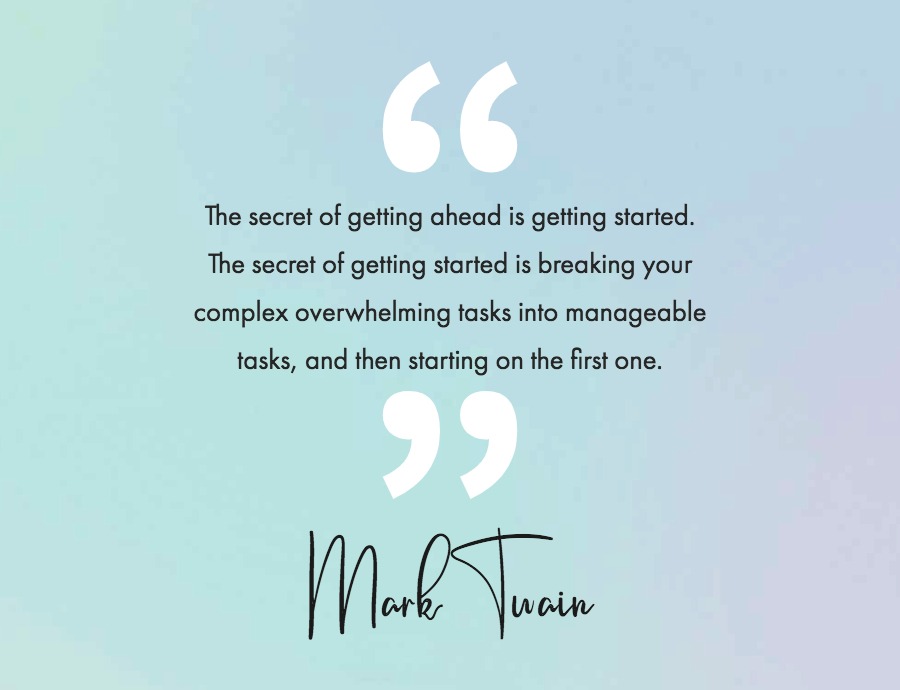Midterms are around the corner. You have several options: you can think about them and let yourself slowly fill up with dread and terror, or you can start planning now. The least painful option, of course, is to make a schedule.
Time management will help you to fit in all your studying, and will make sure that you’re effectively balancing all your subjects, but it has an added benefit as well: every step of scheduling clarifies what you need to do in order to succeed. In order to make a proper schedule, you need to think through the courses, break down the tasks into smaller chunks, and really understand the steps you need to complete in order to be ready. This process alone will take the fear out of midterm preparation.
Here are some tips to help you do it quickly, easily, and painlessly.
As you schedule, and as you work through your tasks, make sure that you ask for help when you need it. Make sure that you practice, and you learn from the best.
Time management will help you to fit in all your studying, and will make sure that you’re effectively balancing all your subjects, but it has an added benefit as well: every step of scheduling clarifies what you need to do in order to succeed. In order to make a proper schedule, you need to think through the courses, break down the tasks into smaller chunks, and really understand the steps you need to complete in order to be ready. This process alone will take the fear out of midterm preparation.
Here are some tips to help you do it quickly, easily, and painlessly.
- Break down the seemingly insurmountable task into small tasks. Most people have “midterm” written and circled in their calendars, and the word itself fills them with fear. It’s just a test though, and there are a finite number of things that can be on it. Figure out what could be on the test by looking through the syllabus, class notes, homework assignments, tutorial notes, etc. and write yourself a list. Try this for every course.
- Make a schedule, and plan to start at least five to ten days before the midterm. You don’t want to start too early because you want the material to stay in short-term, easily retrievable memory, but you do want to make sure that you’ve left yourself enough time for all of your classes.
- Start by scheduling in all classes, lectures and reviews. Don’t miss any reviews. Don’t even consider it. Professors and TAs generally give important information, hints, clues. Additionally, they often offer extra explanation for the topics that they know to be on the tests, and know to have caused students problems in the past. You need to be there.
- Mark in all appointments and necessary activities. Really brainstorm here, and write in all activities that you absolutely can’t give up. It’s easy to think that you can just concentrate on studying, but, realistically, you probably still need to do the laundry, buy groceries, etc. Additionally, plan for cooking, exercising, and all other essential tasks that will help to keep you healthy and functional as you prepare.
- Finally, divide up your time and fit all your tasks into the slots. Divide up the remaining space into small chunks of no more than an hour. Fit each task from each course into the slots. Try to give yourself the most time for practicing questions. Experiment with alternating courses to keep your mind focused. Make sure that you schedule in breaks. The breaks shouldn’t be longer than the study periods, but shouldn’t be neglected either. Make sure that you give yourself adequate time to recharge.
- Invest in an egg timer or stop-watch. It’s important not to burn out, so studying in small chunks of time will help. Having your phone on your desk to help you keep track of the time will not. It’s too distracting. Zip away that phone and bring an egg timer or stop-watch instead.
- Start thinking about your study breaks now. Plan now for the activities that will help keep you on task after you’ve finished a goal. You can go for a walk, go for a run, or listen to music. Find activities that recharge you, and have enough of them to cycle through as you work.
As you schedule, and as you work through your tasks, make sure that you ask for help when you need it. Make sure that you practice, and you learn from the best.








